Resources
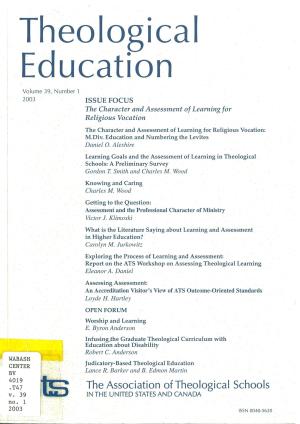
Journal Issue. Full text is available online.
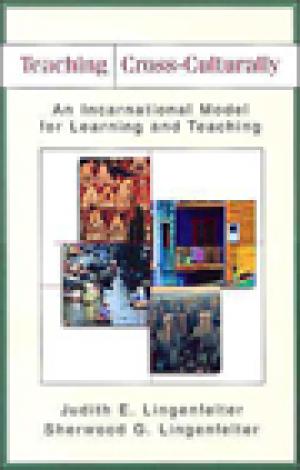
How can Christian educators teach effectively in different cultures? Here are winning principles drawn from educational theory and personal experience. How can Christian educators teach effectively within a culture not their own? In what sense is teaching part of the Great Commission? These questions are being asked more and more often in our increasingly global community. In the opening chapter of Teaching Cross-Culturally, Judith Lingenfelter recounts two contrasting teaching experiences she had early in her career. First, she taught junior high students in a rough urban setting near Pittsburgh. Next, she taught elementary students at a school on the small island of Yap in the western Pacific. Both experiences, she discovered, were examples of cross-cultural teaching. Teaching Cross-Culturally is designed to complement Sherwood Lingenfelter's highly successful Ministering Cross-Culturally. It takes similar insights and applies them specifically to an educational setting. It also guides readers with little understanding of cross-cultural challenges in ministry and helps them see how cultural sensitivity and effective teaching are inseparably linked. Chapters include discussions about how to uncover cultural biases, how to address intelligence and learning styles, and teaching for biblical transformation. Teaching Cross-Culturally is ideal for the western-trained educator who plans to work in a non-western setting. Missionaries, "tentmakers, " and those who teach in an increasingly multicultural North America will find this book helpful. (From the Publisher)
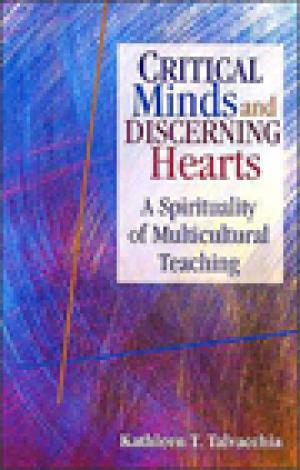
This book goes beyond the "how-to's" of teaching to offer a pedagogy founded in spirituality, providing teachers with the elements necessary to create a truly multicultural classroom. (From the Publisher)
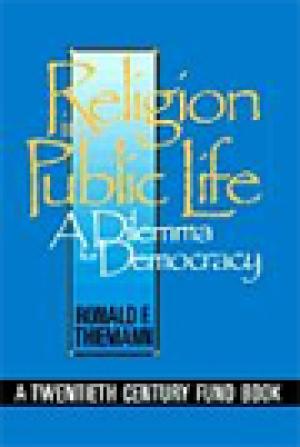
Prayer in public schools, abortion, gay and lesbian rights - these bitterly divisive issues dominate American politics today, revealing deep disagreements over basic moral values. In a highly readable account that draws on legal arguments, political theory, and philosophy, Ronald F. Thiemann explores the proper role of religious convictions in American public life. He proposes that religion can and should play an active, positive part in our society even as it maintains a fundamental commitment to pluralist, democratic values. Arguing that both increased secularism and growing religious diversity since the 1960s have fragmented commonly held values, Thiemann observes that there has been an historical ambivalence in American attitudes towards religion in public life. He proposes abandoning the idea of an absolute wall between church and state and all the conceptual framework built around that concept in interpreting the First Amendment. He returns instead to James Madison's views and the Constitutional principles of liberty, equality, and toleration. Refuting both political liberalism (as too secular) and communitarianism (as failing to meet the challenge of pluralism), Thiemann offers a new definition of liberalism that gives religions a voice in the public sphere as long as they heed the Constitutional principles of liberty, equality, and toleration or mutual respect. The American republic, Thiemann notes, is a constantly evolving experiment in constructing a pluralistic society from its many particular communities. Religion can act as a positive force in its moral renewal, by helping to shape common cultural values. All those interested in finding solutions to today's divisive political discord, in finding ways to disagree civilly in a democracy, and in exploring the extent to which religious convictions should shape the development of public policies will find that this book offers an important new direction for religion and the nation. (From the Publisher)
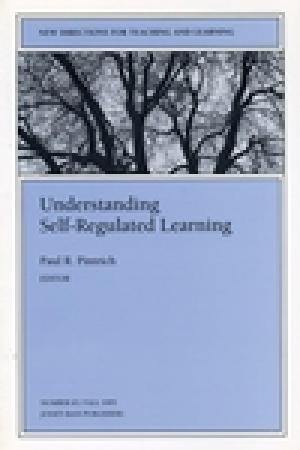
This volume of New Directions for Teaching and Learning is a practical compendium of advice and information on the development, administration, and assessment of interdisciplinary studies programs and schools. A bibliographic orientation to hands-on access, including electronic retrieval of information, precedes chapters reviewing the design of interdisciplinary courses, and how the role of administrators in interdisciplinary programs can further institutitonal goals. The final chapter looks beyond the local campus to national and international support networks. The contributors, who share their extensive experience in the teaching and administration of interdisciplinary studies, provide many examples of good (and bad) praxis. This is the 58th issue of the quarterly journal New Directions for Teaching and Learning. (From the Publisher)
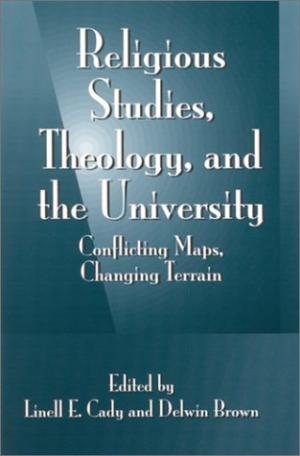
This collection explores the highly contested relationship of religious studies and theology and the place of each, if any, in secular institutions of higher education. The founding narrative of religious studies, with its sharp distinction between teaching religion and teaching about religion, grows less compelling in the face of globalization and the erosion of modernism. These essays take up the challenge of thinking through the identity and borders of religious studies and theology for our time. Reflecting a broad range of positions, the authors explore the religious/secular conceptual landscape that has dominated the modern West, and in the process address the revision of the academic study of religion and theology now underway. (From the Publisher)

Unidentified contributors, but perhaps foreign language teachers, explain how situating oneself outside of a familiar context can lead to self-examination, which is itself the basis of education. Cross-cultural educators and language teachers are the intended audience for this semiotic, intercultural exploration of the idea of self. (From the Publisher)
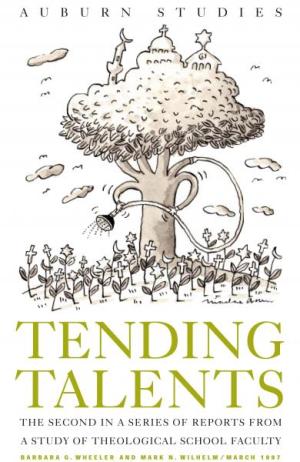
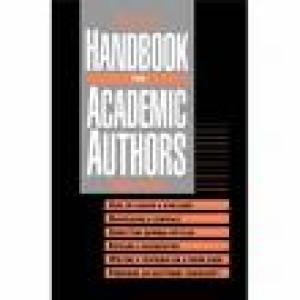
This new edition of a common-sense guide to all aspects of academic publishing contains an entirely new chapter on writing nonfiction for a general audience. It has been revised and updated throughout to reflect the state of new technologies and their meaning to authors. (From the Publisher)